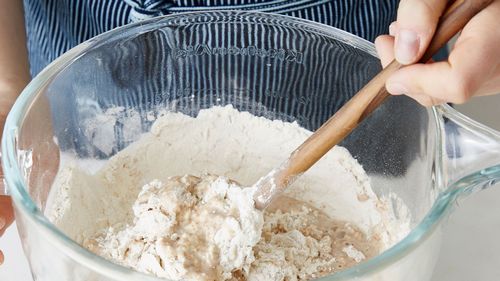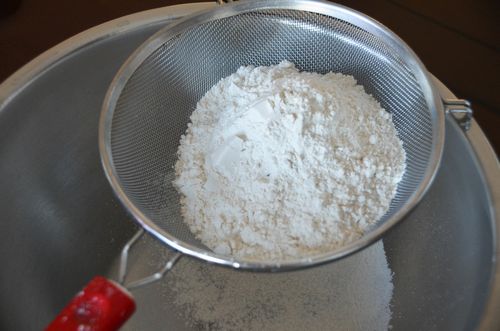
If you’re looking for a healthier way to add flavor and extra crunch to your baked goods, then consider adding some strong flour to the mix. Unlike regular flour, stronger flour is produced by milling whole grains instead of just grinding them. But despite its grain-free name, stronger flour does still have the same protein content and carbohydrates that bread has.
Like other forms of flour, stronger flour comes in two flavors: whole grain flour and regular flour. But unlike regular flour which is generally purchased in supermarkets, whole grain flour is not purchased at all. It’s usually grown only locally, so you’ll often find this version of flour sold by specialty food stores and restaurants as a premium product.
Why would you want to include strong wheat flour in your recipes? As mentioned, it’s commonly used for baking bread, especially if it comes from whole grain sources. In fact, people who make their own breads are often known to use more of this flour than is found in store-bought breads and pastas.
But why do some people prefer to bake with strong wheat flour? The reason may be because whole grain flour contains a higher concentration of gluten than other flower types. Gluten, a type of protein found in wheat products, helps create the bread’s elasticity and make it tender.
Since whole grain flour has more gluten, it may also raise the baking temperature. That’s why many people with Celiac disease avoid it. This is not always the case, however, since most breads containing whole grain flour are lower in gluten than normal breads.
You might think that using strong wheat flour in recipes would make a difference, but it doesn’t. Since it’s not as highly processed as other flower types, you won’t find a huge difference when using it in recipes.
On the other hand, using strong flour can make a big difference in the flavor of a dish. Many chefs swear by strong wheat flour when they cook delicate dishes like scones, cake and even muffins. To get the most out of it, though, try experimenting with different kinds of flour before you buy it.
You might also be surprised at how often you use this flour in your cooking. In fact, many cooks say that it’s one of the key ingredients in their recipes because it’s perfect for making the crustier breads.
Even though strong flour may make a difference in the taste of your meals, it may also affect the health of your heart. A diet high in refined grains such as brown rice, whole wheat breads and oats can put extra stress on your arteries. And while it’s true that grains can cause weight gain, the high amount of fiber in those grains makes them less likely to cause problems.
It’s common sense to use strong flour only when you want a completely different flavor in your foods.

It’s difficult to create a recipe where you won’t need it.
When you do use it, however, it’s important to be sure that the use of strong flour isn’t causing health issues in your life. In fact, it may have some health benefits, but the problem is getting to know which ones.
For instance, if you have a celiac disease, you should avoid products that contain strong flour. Because celiac disease involves the absorption of gluten into the body, including wheat products can trigger an autoimmune response. If you eat foods that contain gluten, it may increase the risk of developing the disease. You may also react differently if you’re allergic to other foods.
Also, strong flour often contains sugar that can cause diarrhea, bloating and stomach pain. So it’s wise to avoid using it in your recipes if you suffer from these conditions. If you suspect you’re allergic to gluten or have Celiac disease, talk to your doctor about using a special wheat-free flour for baking.